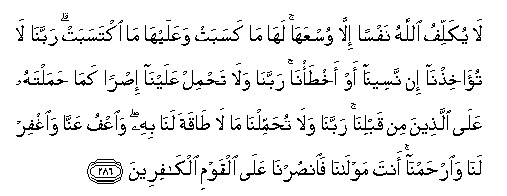In the Name of
Allah, the Gracious, the Merciful
Extract from QUR’AANIC STUDIES – A Modern Tafsir PART I:
6. Ya ayyuha allatheena amanoo itha qumtum ila alssalati faighsiloo wujoohakum waaydiyakum ila almarafiqi waimsahoo biruoosikum waarjulakum ila alkaAAbayni wa-in kuntum junuban faittahharoo wa-in kuntum marda aw AAala safarin aw jaa ahadun minkum mina algha-iti aw lamastumu alnnisaa falam tajidoo maan fatayammamoo saAAeedan tayyiban faimsahoo biwujoohikum waaydeekum minhu ma yureedu Allahu liyajAAala AAalaykum min harajin walakin yureedu liyutahhirakum waliyutimma niAAmatahu AAalaykum laAAallakum tashkuroona
5:6. O you who
believe! When you get up for prayer, wash your faces and your hands up to the
elbows – and wipe your heads – and your feet up to the ankles.7 And
if you are unclean, then cleanse yourselves. And if you are ill or on a
journey or any of you has come from the privy, or you have had sexual contacts
with women, and you find no water, simulate washing then with clean earth, and
wipe your faces and your hands therewith. Allah does not want to place you in
difficulty, but He wants to keep you clean and to complete His Favour upon you,
so that you may be grateful.
7. This is the divine order for ablution (wudu)
before a salah. As may be seen from the divine wording, the order is for
ablution before every salah. But Muslims here in the Indian
subcontinent are in the habit of considering a wudu made for one salah
as valid for another, coming hours later, during which interval they may attend
to worldly work or engage in gossip with friends. This is one of many instances
wherein today's Muslims go blatantly against specific divine instructions. No
wonder then that they are devoid of Allah's Favour upon them. Please see the
next Verse also in this context. The Muslims of today are breaking their
covenant with Allah when they disobey the instructions.
Friday, the 21st
of August 2020.




